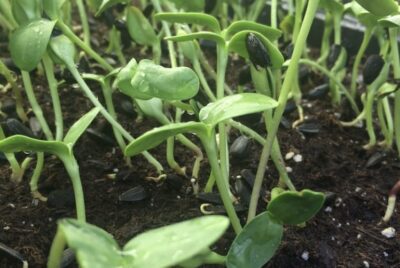RESEARCH
Horticultural Therapy Activities can Reduce Stress and Enhance the Social and Cognitive Skills in Autism Children
Horticultural therapy helps reduce stress and improve social and cognitive skills in children with autism, offering a natural and engaging therapeutic approach.
Program Types: Therapeutic
Setting or Context: Schools/Educational Settings
Health and Wellness Outcomes: Enhanced Emotional Well-being, Improved Cognitive Function, Increased Social Engagement & Skills
Allied Profession Intersections: Education
Access: Free
Print Form
Summary
A study on horticultural therapy for autistic children (ages 6-17) found that engaging in gardening and nature-based activities significantly reduced stress while enhancing social and cognitive skills. Activities such as planting, vegetable gardening, and sensory exercises stimulated creativity and improved focus, leading to better social interactions and problem-solving abilities.
Results showed measurable improvements in cognitive and emotional well-being after six months, with children becoming calmer and more engaged. The study suggests that horticultural therapy should be integrated into special education and healthcare programs to support children with autism and other developmental challenges







